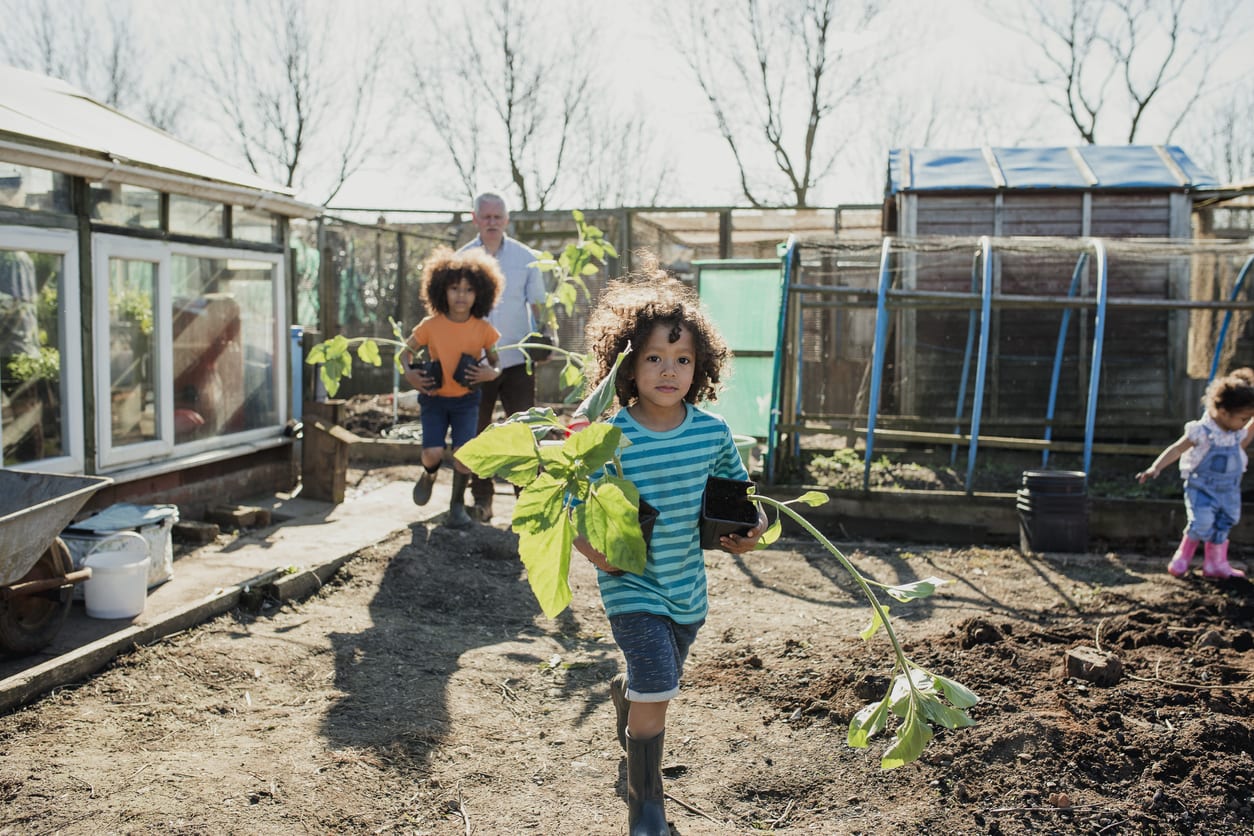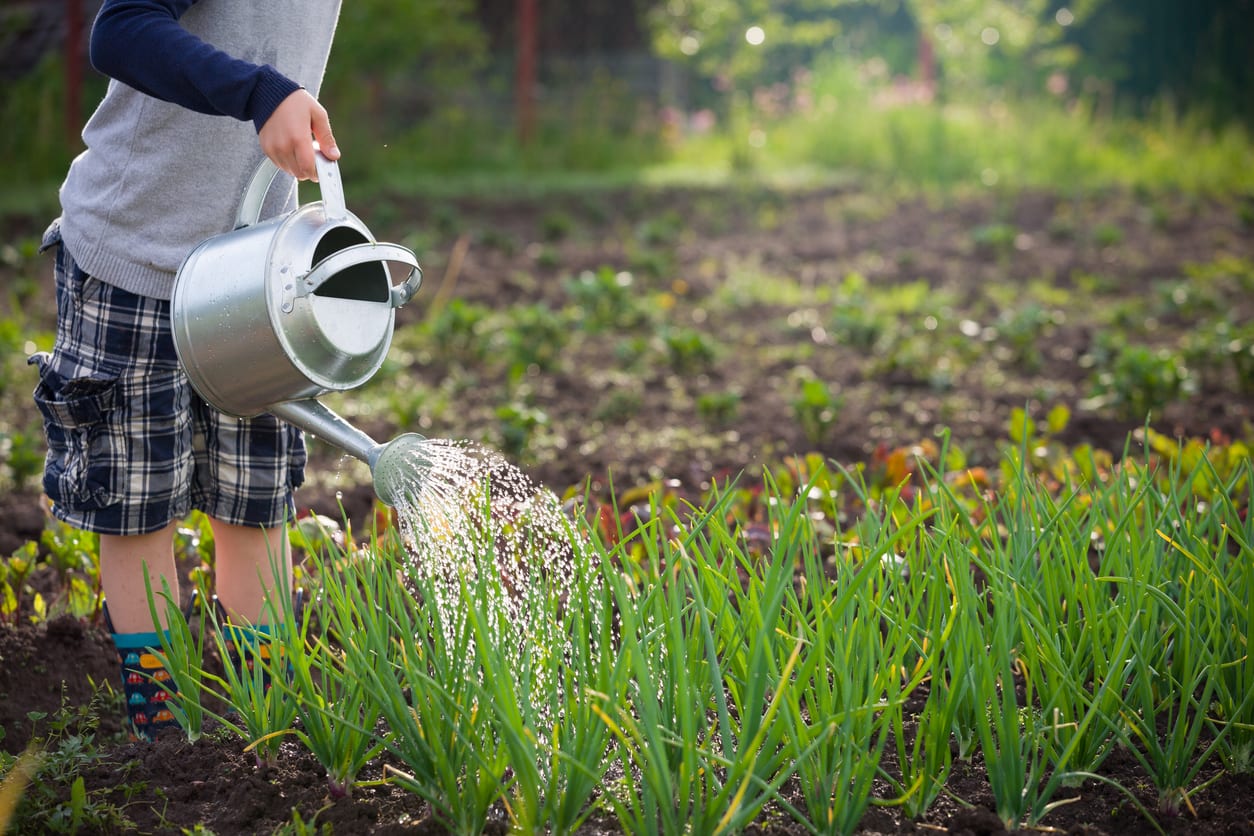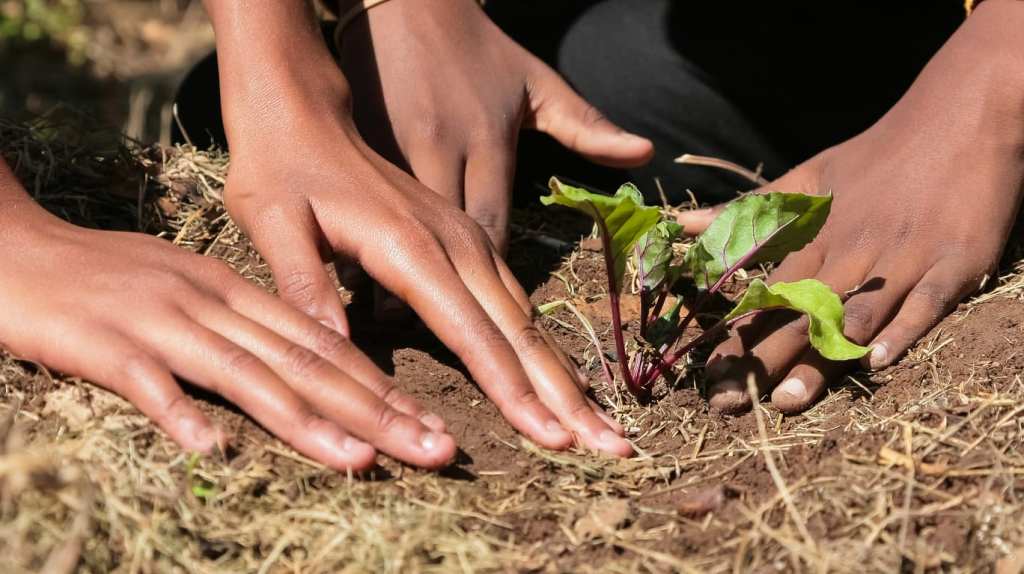For most people in the U.S., food comes from the grocery store. Not everyone understands the long chain of production that allows such a wide variety of vegetables, fruits, grains and meats to be available on our market shelves — unless they’ve been a part of that chain themselves.
But just because you could go your entire life without learning to grow a single piece of food doesn’t mean you should. As Evolve reports, a growing movement is advocating for children to learn to grow food as part of their school curriculum. Usually, this simply means creating a school garden.
French chef Raymond Blac says gardening lessons should be mandatory in schools worldwide.
Not only is gardening a practical skill, but it also has other benefits for both kids and adults. It allows kids to develop a healthy personal relationship with food, teaching them about nutrition in the process.

Photo Credit: iStock
Evolve reports,
“Research has shown children who are taught to grow their own food develop a trait called ‘foot empath’, defined as a deeper connection with food, which leads to a healthier life.
These kids have better diets, eat more veggies and fruits, and understand nutrition better.”
Gardening also promotes health in another way: it involves physical activity, so it’s a form of exercise in itself.
There are also cognitive and emotional benefits. Growing food encourages creativity, reasoning, and self-confidence. It’s a community activity, so it also helps with cooperation and a sense of responsibility.
Then there’s the simple fact that it’s helpful to know how to grow things at home rather than be forced to buy them at the store. It can help save money, it’s better for the land, and it opens the pathway for new career opportunities, too.

Photo Credit: iStock
It’s hard to think of any downsides to teaching kids to grow their own food!
What about you? Have kids? Teaching them to grow food? If not… why?
Let us know the reason in the comments!

